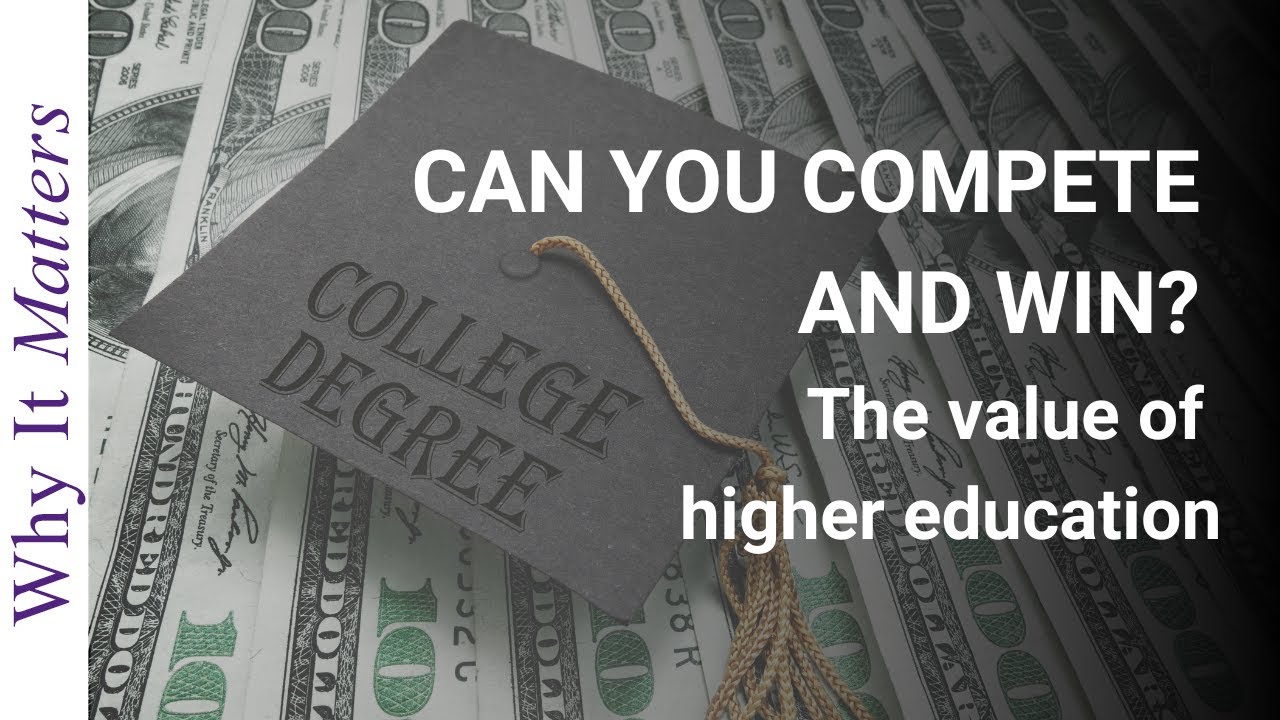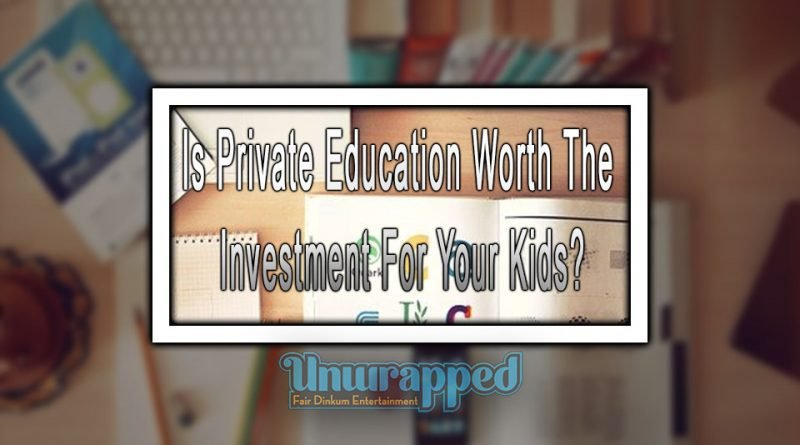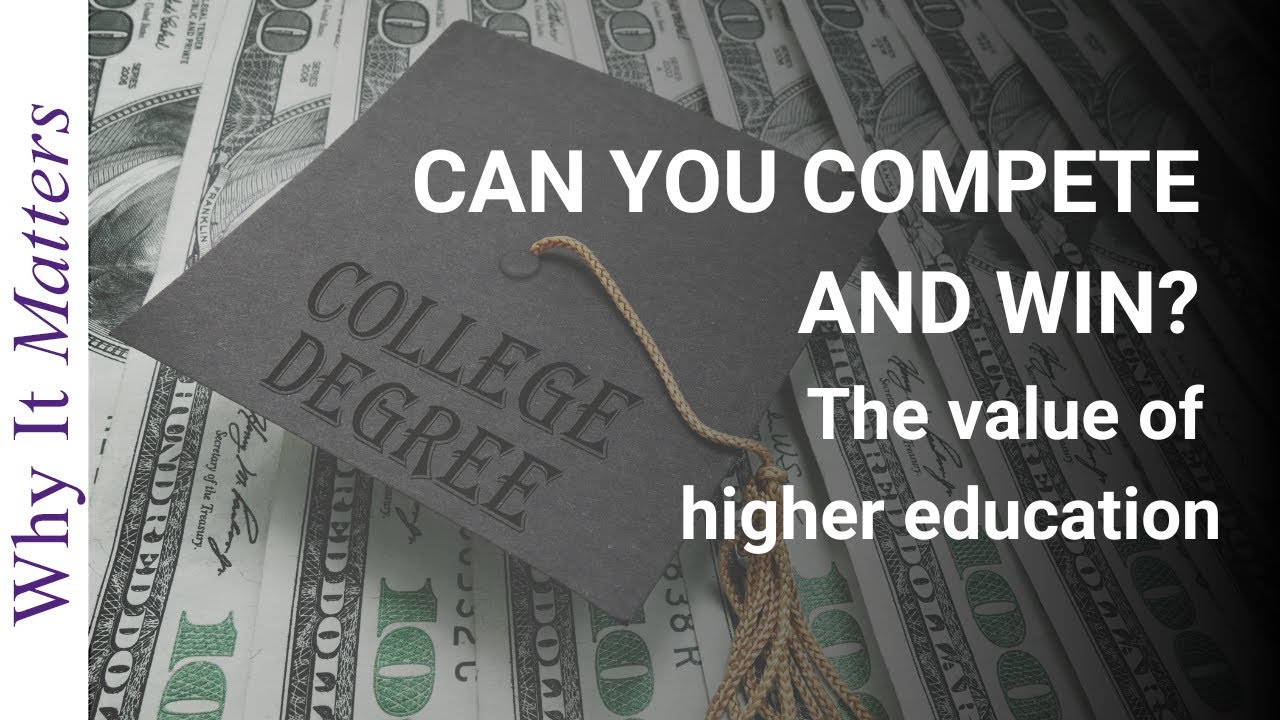The Value of Private Education: A Deep Dive for Young Learners
Introduction
In today’s competitive educational landscape, parents oftentimes find themselves at a crossroads when decide the best educational path for their young children. The decision between private and public schooling can be daunted, give the multitude of options and factors to consider. This article aim to shed light on whether private education is sincerely worth it for your young child by examine various aspects such as cost, quality, and long term benefits.
Understand private education
Private education refer to non-governmental schools that charge tuition fees to provide a specialized or enhanced curriculum. These institutions oftentimes boast smaller class sizes, unique teaching methods, and a broad range of extracurricular activities. While these features are appeal, they come at a considerable cost.
Key considerations for parents
- Cost: Private schooling can be financially demanding. It’ essential for parents to evaluate their budget and determine whether the potential benefits outweigh the financial strain.
- Curriculum: Private schools oftentimes offer specialized programs such as language immersion or stem focused curricula. Consider whether these align with your child’s interests and future aspirations.
- Class size: Smaller class sizes can lead to personalized attention from teachers, which may benefit young children who require more guidance.
- Extracurricular activities: Many private schools offer a wide range of activities beyond academics, foster a wellspring rounded education.
- Values and culture: Some parents choose private schools for their religious or cultural teachings, align with family values.
Evaluate the benefits
The benefits of private education extend beyond academics. Here are some potential advantages:
 Source: scribd.com
Source: scribd.com - Individualized attention: With fewer students per class, teachers can tailor their approach to suit individual learning styles, potentially lead to better academic outcomes.
- Enhanced resources: Private schools oftentimes have access to better facilities, technology, and learn materials.
- Strong community: The closing knit nature of private schools foster a sense of community among students, parents, and staff.
- Focus on character building: Many institutions emphasize character development, instill values such as leadership, responsibility, and ethics.
Real life example: the Johnson family’s experience
The Johnson family face the challenge of find the right school for their daughter, Emily. Initially enrol in a public school, Emily struggle with large class sizes and limited teacher interaction. After much deliberation, the Johnson decide to enroll her in a nearby private school know for its emphasis on individualized learning. Within a year, eemily’sacademic performance and confidence improve importantly, affirm the family’s decision.
Potential drawbacks
While private education can offer numerous benefits, it’s not without its drawbacks:
- Financial burden: The high cost of tuition may not be feasible for all families, potentially lead to financial stress.
- Limited diversity: Some private schools may lack diversity in terms of socioeconomic, racial, or cultural backgrounds.
- Pressure to perform: The competitive nature of some private schools can place undue pressure on young children.
Make the decision
Decide whether private education is worth it involve careful consideration of various factors. Here are some tips to help you make an informed choice:
- Research extensively: Visit school websites, attend open houses, and speak with other parents to gather insights.
- Assess your child’s need: Consider your child’s learn style, interests, and any special needs they may have.
- Weigh pros and cons: List the advantages and disadvantages of both public and private schooling in relation to your family’s goals.
- Consider long term implications: Think about how the choice of school might impact your child’s future educational and career opportunities.
Conclusion
Finally, the decision to opt for private education is a personal one, influence by a myriad of factors unique to each family. While private schools offer distinct advantages, it’ crucial to weigh these against the financial and personal implications. By exhaustively research and consider all options, parents can make a choice that best suits their cchild’sindividual needs and set them up for future success. As you cocontinue to explorehis topic, remember that the best education is one that inspire and nurture your child’s growth and curiosity.
 Source: businesstech.co.za
Source: businesstech.co.za 


